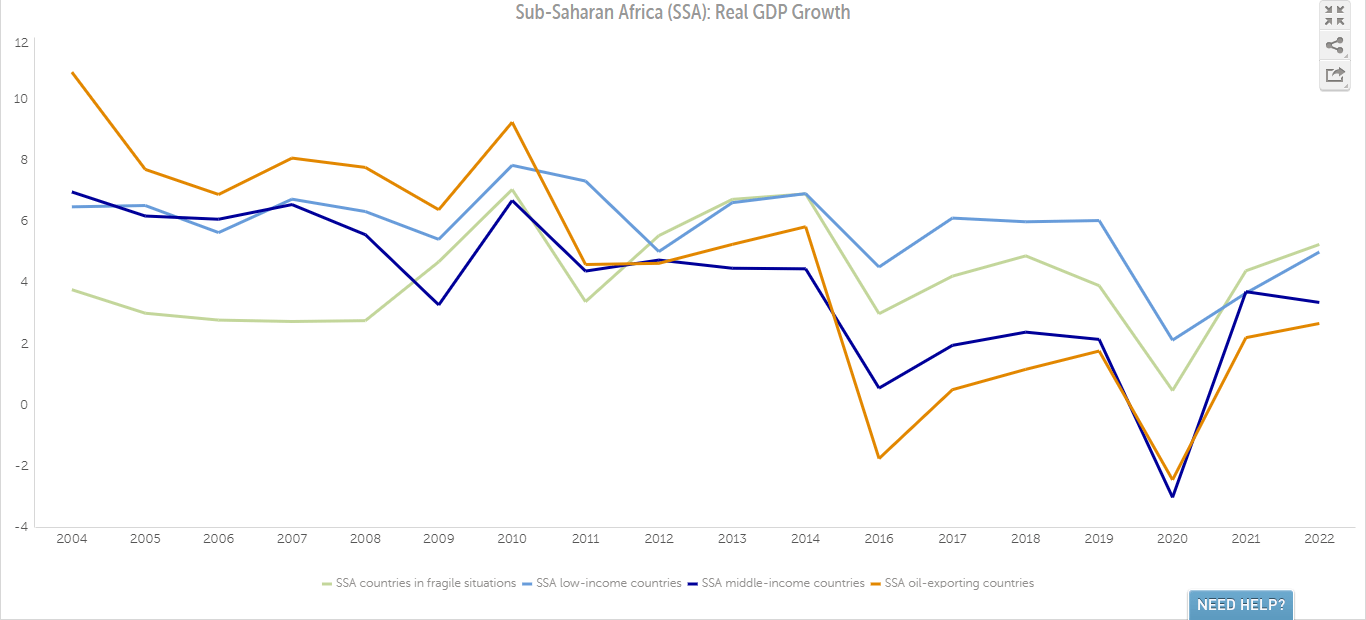A Mauritian at the heart of a flight tracking software
Share
Aircrafts hold not only the promise of travel but also the apprehension of inflight safety. How can we prevent another MH 370? A Mauritian passionate about aerospace development gives us the answer.
Malaysian and Australian flightofficials confirmed in early October, following analysis by experts at the Australian Transport Safety Bureau, that the piece of an aircraft wing found on a beach in Mauritius belonged to the missing Malaysia Airlines Flight 370 (MH370). Two and a half years later, several questions remain unanswered, starting with what were the circumstances that led to the doomed fate of this unfortunate aircraft. Several steps however are also being taken to prevent another incident of this kind.
One such initiative is being undertaken by German inflight entertainment firm Paxlife, which provides end-to-end aircraft tracking solutions. Paxlife is headquartered in Berlin and its representative office in Singapore is concentrating on aerospace development and the elaboration of a flight tracking software. Mauritian national Yashvin Beni, currently Head of Flight Analytics within Paxlife Singapore tells us more about this project. The push for such an endeavour, he explains, came as result of MH 370 and previous airline crashes as well as the new regulations set by the International Civil Aviation Organisation (ICAO) following ongoing search and rescue operations for the black box of the missing aircraft.
ICAO has come up with four components which require aircraft to be tracked at all times and in all conditions. Airline operators need to be able to know where the aircraft is at every one-minute interval over land or sea and all airline companies in the world should be able to comply with these regulations by November 2018.
“In Singapore, the Civil Aviation Authority is following the footsteps of ICAO and we have embarked on our own in-house development of this software which is going to add value to airline operators around the world,” states Yashvin Beni.
Real time flight data from the black box
The software currently being elaborated by Paxlife will, aside from allowingairlines to always be connected to their respective airline operators, also permit streaming of real time data from the black box with a view to keep the airline operators informed about the different states and parameters coming from the aircraft in the event of distress or abnormalities during flight.
The scope of the project, he pursues, is a cross-fertilisation between flight analytics and software development, whereby the company will be working in close collaboration with airline operators. The main aim is for airlines across the world to endorse the solution and to have them implemented as soon as possible in its complete frame.
“Lots of other competitors from the US and Europe are also on such projects but we hope to be the first ones coming to term with the regulations of ICAO,” adds Yashvin Beni.
A prototype of the software is currently ready and is genera-ting interest from Asian and European airline operators. Once tried and tested, the software will be integrated and refined following which the rollout can start. “We expect the flight tracking software to be fully-fledged and ready for launching with the next six months,” states Yashvin Beni.
Broadly speaking, the flight tracking software would be triggering the hardware to send bursts of data via satellite to the ground whenever an aircraft is in a state of distress, in a fully autonomous manner. This would also reduce the load of the crew, who can focus solely on upset recovery.
The software would also be removing partly the control of the crew with respect to switching off transponders, high frequency (HF) and very high frequency (VHF) radio waves emitted by the aircraft; preventing in this way another MH 370.
“It comprises normal tracking, abnormal tracking and distress tracking. The concept of real time flight data analytics is moving towards a cloud black box. This would help search and rescue operations enormously,” highlights Yashvin Beni.
Commenting on the way this will influence our national carrier, Yashvin Beni states that Air Mauritius will also need to become compliant with ICAO regulations by 2018. This software can enable the airline company to do so.









